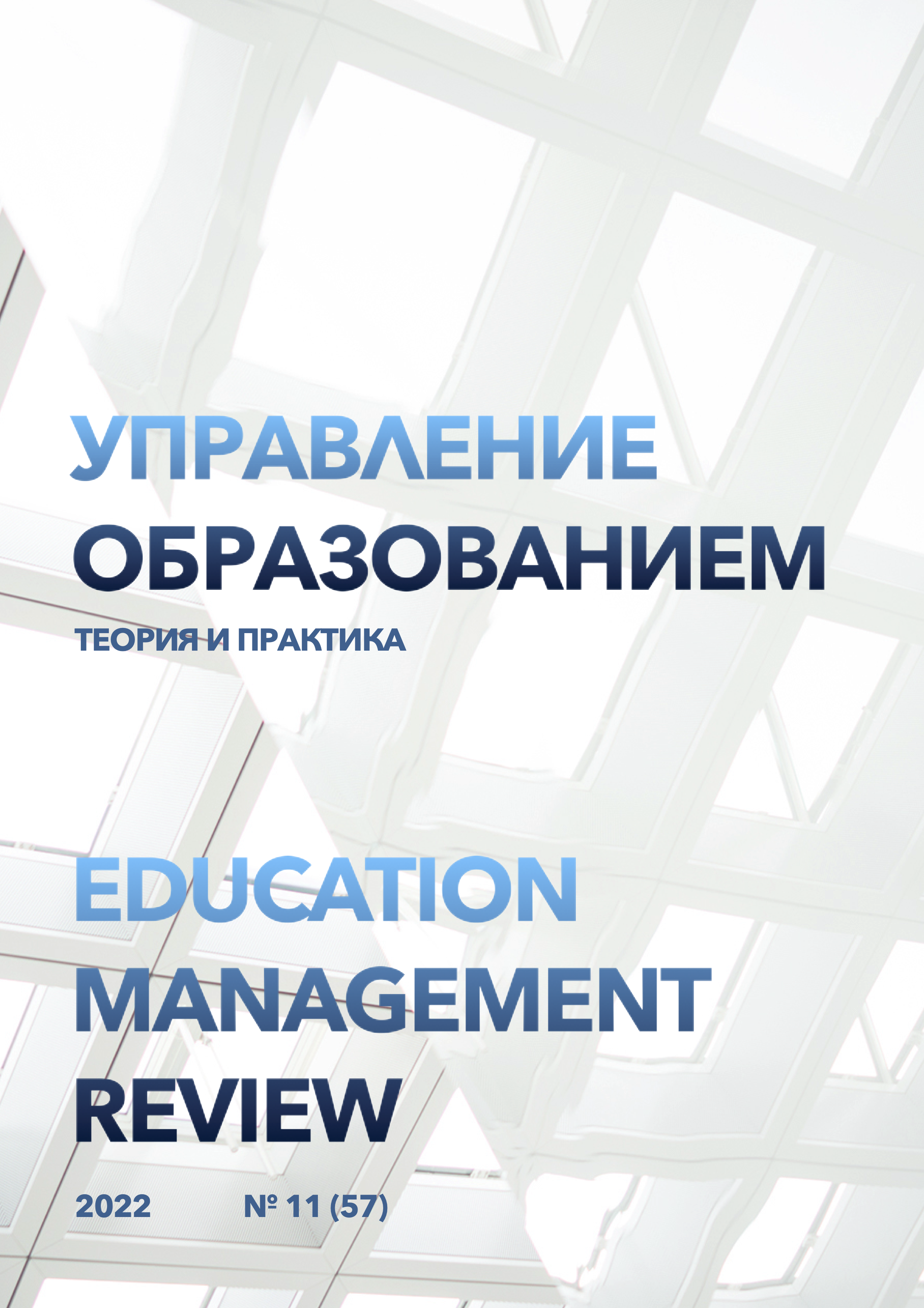The problem of choosing literary texts for teaching reading in a foreign language
DOI:
https://doi.org/10.25726/z0982-1370-0146-cKeywords:
home reading, literary text, foreign language, listening, writing, speakingAbstract
The article is devoted to the problem of choosing literary texts for teaching reading in foreign language lessons. The authors note that reading in a foreign language occupies a special place among other types of speech activity in terms of dissemination, accessibility and importance. The ability to read formed in students is the most stable and long-term, unlike other types of speech activity. Home reading is an important process during the study of a foreign language, since in addition to the formation of students' ability to read and analyze certain information, home reading can become a powerful incentive and help in the formation of skills and abilities of various types of speech when teaching students a foreign language. Home reading is considered by the authors as an independent activity in order to assimilate basic information from the text. That is why texts for home reading should contain lexical and grammatical material appropriate to the level, be feasible and interesting in content. In addition, consideration of various aspects of the process of home reading gives grounds to assert that in the course of teaching foreign languages, home reading is advisable to conduct on the basis of works of fiction of the country of the language being studied and be sure to pay attention to authenticity when selecting texts so that the process of working on the text is really effective and useful.
References
Барабанова Г.В. Методика обучения профессионально-ориентированному чтению в неязыковом вузе: монография. Киев, 2005. 315с.
Матрон Е.Д. Художественное произведение на уроках иностранного языка. М.: Наука, 2002. 296 с.
Наталин В.П. Критерий содержательной аутентичности учебного текста. Иностранные языки в школе, 1999. № 2. С. 50-52.
Носович Е.В., Мильруд Р.П. Параметры аутентичного учебного текста // ИЯШ, 1999. №1. С. 11-18.
Пассов Е.И., Люлька В.М. Урок иностранного языка в школе. М.: Просвещение, 1998. 223 с.
Петрушова Н.В. Принципы организации домашнего чтения на иностранном языке студентами непрофильных специальностей // Имидж современного педагога. 2018. № 2 (179). С. 46-48.
Селиванова Н.А. Литературно-художественный компонент содержания обучения иностранным языкам в средней школе как важная составляющая гуманизации языкового образования // Аксиологический аспект содержания непрерывного иноязычного образования: проблемы и решения. 2013. № 3. С. 29-31.
Селиванова Н.А. Литературно-страноведческий подход к отбору текстов для домашнего чтения // Иностранные языки в школе, 1991. № 1. С. 60-64.
Скребкова М.А Методика организации работы по домашнему чтению на уроках английского языка в общеобразовательной школе // Психолого-педагогические основы гуманизации учебно-воспитательного процесса в школе и вузе. Вып. 2 (12). Ровно, 2014. С. 205-214.
Титаренко И.С. Домашнее чтение как средство обучения иностранному языку студентов неречевых специальностей //Вестник Луганского национального университета имени Тараса Шевченко. Педагогические науки. 2012. № 15. С. 156-161.
Фадеев В.М. Домашнее чтение в старших классах, его организация и приемы контроля // ИЯШ. 1979. №6. С. 28-30.
Фоломкина С.К. Обучение чтению на иностранном языке в неязыковом вузе. М., 2005. 225 с.




